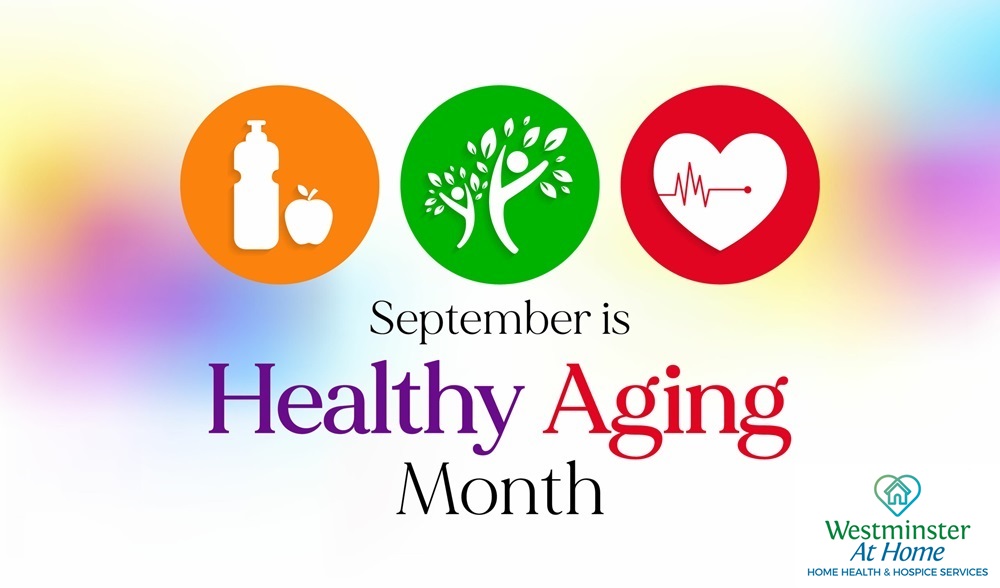How to Prevent Dehydration

What is it?
Proper fluid intake is important for older adults. When you are not drinking the correct fluids, and in sufficient amounts, the condition of dehydration results. Dehydration is a lower than normal amount of body water, common even when it’s not hot outside.
Risk factors include:
- Fear that drinking too much will cause incontinence
- Forgetting to drink (memory problems or pre-occupation with other activities)
- Swallowing difficulties indicated by coughing while drinking
- Mobility problems making it harder to get up to get something to drink
- Medications such as diuretics
- Illnesses - nausea, vomiting, diarrhea, fever, infection, kidney disease, diabetes
- Hot weather always increases your risk
What are the signs and symptoms of dehydration?
- Dry mouth, thirst and dry skin - gently pinch the forearm skin and if it stays puckered up, this might indicate dehydration
- Low blood pressure with dizziness, weakness or delirium in extreme cases
- Less frequent urination with dark-colored urine
- Your doctor may find abnormal blood tests (high serum osmolality, elevated creatinine and blood urea nitrogen [or BUN], high serum sodium, and low urine sodium)
Is it Dangerous?
- Dehydration robs blood vessels and cells of normal fluid; they function abnormally
- Confusion and worsening of thinking skills can result
- Dehydration is a risk factor for falling
- Can cause kidneys to fail or to form kidney stones
- May increase the risk for urinary tract infection or cause constipation
What should I do?
If you feel slowed, “draggy” or suspect you may be dehydrated, drink an eight-ounce glass of water and see what happens. Mildly dehydrated adults will perk up noticeably within 5 to 10 minutes - then you know you should be drinking more.
Prevention is the best action to take and experts usually recommend drinking 7 cups (about 55 ounces) of fluid per day. Urine becomes lighter in color and you can sense the improvement.
As to the best fluids to drink, water is number one. Water-rich foods such as watermelon or soups are also of value. Just about any kind of fluid will help except alcohol, which exerts a definite diuretic effect and can make dehydration worse so reduce or avoid it. Some people find caffeine can make them pass more water, however no studies show coffee or tea is a real problem for those who drink it regularly; best to use in moderation.
Finally, try to modify your risk factors. Avoid incontinence with a timed toileting approach and shut off fluids 4 hours before bedtime. Carry a water bottle as a reminder and an easy access to fluid. Take sips frequently, especially in hot weather. Find beverages you like to taste and that are easier to swallow. Wouldn’t a smoothie be great right now?
Medical Tips from the Residents Health Services Committee




